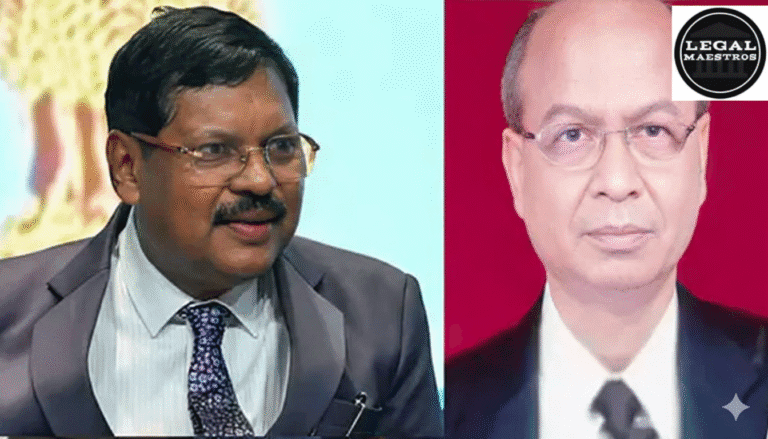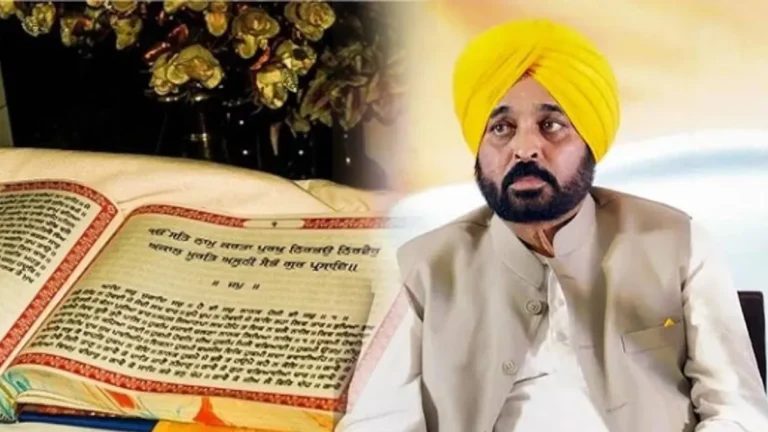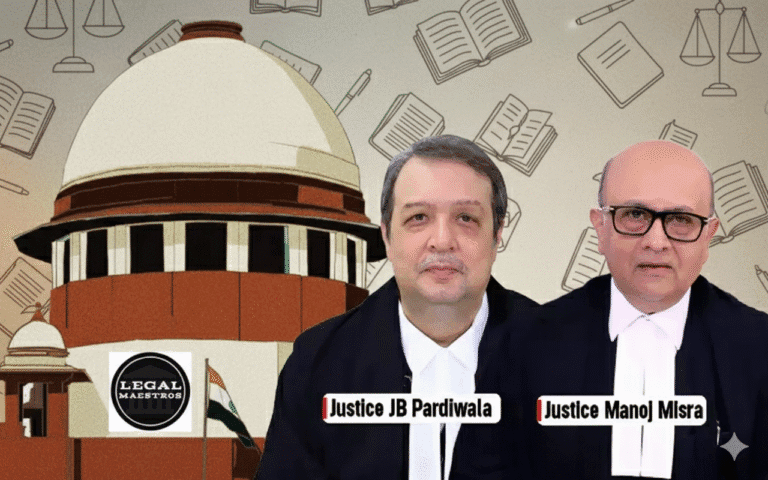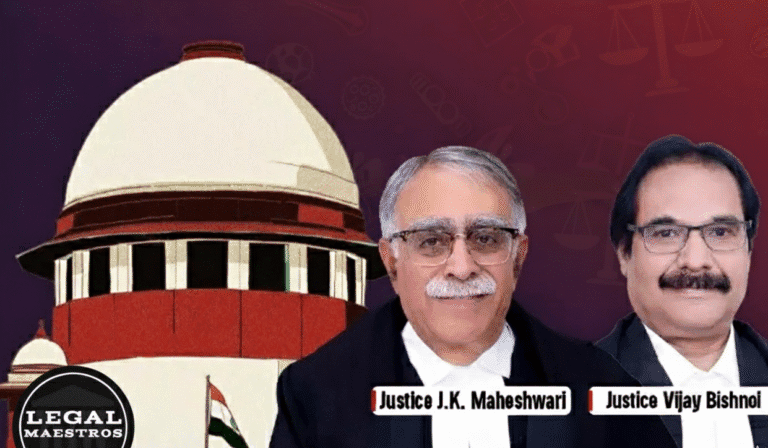
On July 14th, 2025, the Supreme Court of India invalidated the controversial hiring process of the appointment of 981 Assistant Professors and 67 Librarians in the Punjab state government colleges in the matter of Mandeep Singh & Ors. v. State of Punjab & Ors. The Court held that the above-quoted constitution and legislative procedures of the UGC Regulations and the Public Service Commission have been blatantly violated, and, therefore, the State of Punjab is trying to avoid such requirements because it is arbitrary and illegal and violates Article 14 of the Constitution.
Facts
The petitioners in Mandeep Singh & Ors. v. State of Punjab & Ors. challenged the selections and appointments of Assistant Professors and Librarian posts made by a Departmental Selection Committee for the year 2021-22 and not through Punjab Public Service Commission (PPSC), as directed under Punjab Educational Services Class II Rules, 1976, and UGC Regulations 2010, which were formulated by the Punjab Government in 2013.
The process was executed in an expedited manner with a 45 day deadline and final appointments completed it in two months replacing the established UGC selection procedure with a single written test. The petitioners claimed this was politically motivated in anticipation of the 2022 State Assembly elections and contravened set procedure, merit criteria, and constitutional assurances.
For any queries or to publish an article or post or advertisement on our platform, do call at +91 6377460764 or email us at contact@legalmaestros.com.
Arguments
The petitioners (appellants) contended:
- The UGC Regulations were binding on the State in terms of Entry 66 of List I, and they prevailed over any pre-existing inconsistent State practice under Entry 25 of List III.
- Recruitment for such posts must involve academic performance index (API) evaluation, interviews, and viva voce, as prescribed under UGC norms.
- The sudden abandonment of this process in favour of a written MCQ test was arbitrary, without reason, and done in undue haste.
- The recruitment was a deliberate circumvention of Article 320(3) which mandates consultation with the Public Service Commission in recruitment matters.
The respondents (State of Punjab) contended:
- That a written examination was unbiased, effective, and unbiased compared to viva voce, which might be susceptible to subjectivity, nepotism or favouritism.
- That urgent faculty needs in newly established colleges justified the deviation.
- That the 1976 Rules allowed the government discretion in how recruitment could be conducted.
Judgment
After hearing both sides, the Supreme Court allowed the appeals, set aside the Division Bench’s 2024 ruling of the Punjab and Haryana High Court, and quashed the entire recruitment. The Court held:
For any queries or to publish an article or post or advertisement on our platform, do call at +91 6377460764 or email us at contact@legalmaestros.com.
- UGC Regulations have primacy over conflicting State regulations due to Entry 66 of List I overriding Entry 25 of List III in the Seventh Schedule.
- The Adhiyaman Educational Institute (1995) case precedent was reaffirmed: State laws, including delegated legislation, cannot be inconsistent with standards specified by the UGC, a national higher education coordinating body.
- Even if the 1976 Rules applied, they did not mandate the mode of selection, and as the Punjab Government had accepted the 2010 UGC Regulations, it was compelled to abide by them.
- The abolition of viva voce, an essential part of the recruitment procedure, and the abrupt substitution of the process without advice or rationale, constituted executive dominance and infringed tenets of natural justice and reasonableness under Article 14.
Referenced Ramana Dayaram Shetty v. IAAI (1979), Fuljit Kaur (2010), and Zenit Mataplast (2009), the Court held that arbitrary, precipitate State action is against Article 14. Additionally, in Sivanandan C.T. v. High Court of Kerala (2024), the Supreme Court had noted that State orders need to follow consistency, foreseability, and transparency, which the recruitment process in Punjab had not followed.
Impact / Analysis
This judgment reinforces a constitutional principle of supremacy of central laws in education policy, specifically in higher education, where uniformity of academic standards is vital. The Court sent a clear message that:
- State discretion cannot override the binding effect of UGC Regulations, once adopted.
- Recruitment procedures for teaching positions need to maintain academic standards, rather than procedural expediency.
- Article 14 incorporates fairness, transparency, and the doctrine of legitimate expectation, particularly in public employment.
- Rush is proof of arbitrariness, and the courts will assume mala fides in hurried, unexplained policy changes.
This judgment is important as it resurrects judicial oversight of State variances in recruitment, especially in politically charged situations. It also safeguards the sanctity of merit-based choice and enforces compliance with national standards of education.
For any queries or to publish an article or post or advertisement on our platform, do call at +91 6377460764 or email us at contact@legalmaestros.com.
The case is a reminder to all State governments that policy reform in public employment has to observe due process, cannot be opaque or politically motivated, and has to be based on reasoned administrative action. The requirement for consultation with Public Service Commissions under Article 320(3) was also reasserted.
Coram
Justice Sudhanshu Dhulia
Justice K. Vinod Chandran







